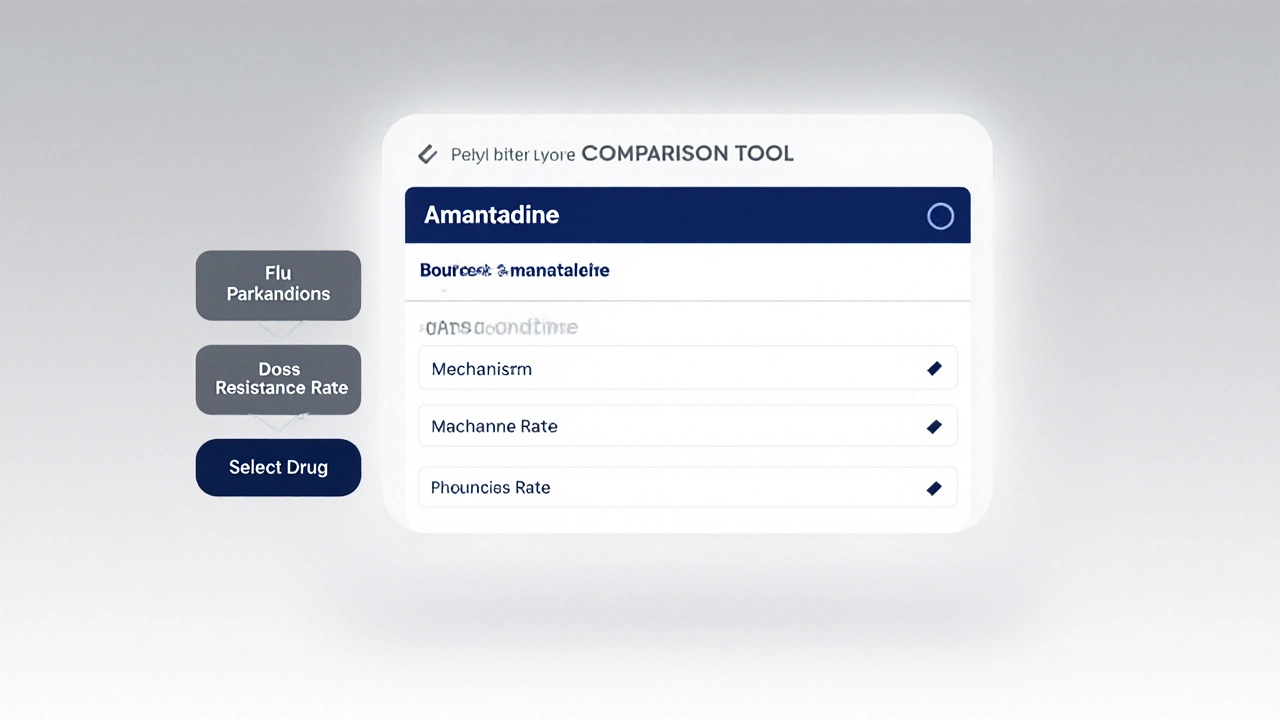Parkinson's Medication: What Works, What Doesn't, and What to Ask Your Doctor
When someone is diagnosed with Parkinson's disease, a progressive nervous system disorder that affects movement, often starting with tremors or stiffness. Also known as Parkinson's, it doesn’t just make your hands shake—it changes how you walk, talk, and even get out of bed. The right Parkinson's medication, drugs designed to replace or mimic dopamine, the brain chemical that drops in Parkinson’s. Also known as Parkinson's treatment drugs, it doesn’t cure the disease, but it can give you back hours of control each day. Many people start with levodopa, but not everyone tolerates it. That’s where alternatives like Kemadrin, an anticholinergic drug used to reduce muscle rigidity and tremors in Parkinson’s. Also known as procyclidine, it come in. It’s not for everyone, but for some, it’s the difference between being stuck and being able to button a shirt.
Parkinson’s medication isn’t one-size-fits-all. What helps your neighbor might make you feel dizzy or confused. Anticholinergics like Kemadrin work by balancing out excess acetylcholine, which builds up when dopamine drops. But they can cause dry mouth, blurred vision, or memory issues—especially in older adults. That’s why doctors often compare them to other options like trihexyphenidyl or benztropine. Some people need dopamine boosters like levodopa. Others benefit from MAO-B inhibitors or dopamine agonists. The key isn’t just picking a drug—it’s finding the combo that lets you live, not just survive. You’ll likely need adjustments over time. What works today might lose its edge in a year. That’s normal. Parkinson’s changes, and so should your treatment plan.
There’s no magic pill, but there are smart choices. If you’re on Kemadrin and your vision is blurry, talk to your doctor before quitting. Maybe a lower dose helps. If your tremors come back, maybe adding a different drug makes sense. The posts below break down exactly how these meds compare—what they do, what they cost, what side effects you’re actually likely to get, and who they’re best for. No fluff. No marketing. Just clear, real-world info from people who’ve been there. You’ll find out why some patients switch from Kemadrin to other anticholinergics, how procyclidine stacks up against the rest, and what to watch for when your meds don’t feel right anymore. This isn’t about guessing. It’s about knowing what’s actually out there—and what might work for you next.
A detailed side‑by‑side look at amantadine, its uses, and how it stacks up against rimantadine, oseltamivir, zanamivir, and memantine for flu and neurological conditions.

